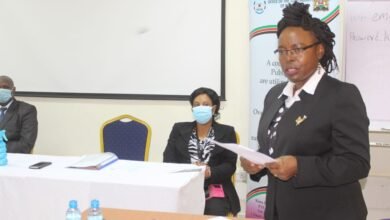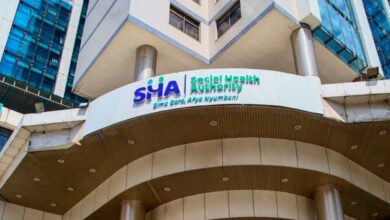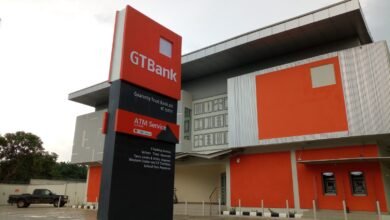
An average 96 percent of hotels are back to business compared to 81 percent in April, pointing to the continued recovery of the hospitality sector after the lifting of the COVID-19 containment measures in May.
According to the latest Monetary Policy Committee (MPC) hotel survey, employment in the sector also improved in June to 62 percent of the pre-COVID-19 levels, up from 49 percent in April.
Nairobi and Mombasa registered a higher average of bed occupancy, and improved utilization of restaurants and conference services.
Activity in the sector was highly driven by local guests who accounted for 80 percent of the total clientele who sought accommodation during the COVID-19 age compared to 20 percent who were foreign guests.
Further 81 percent of guests who sought restaurant services between June and July 2021 were locals against 19 percent foreign guests.
The survey sampled a total of 86 hotels across the country seeking to establish the extent of recovery of the sector, following the resurgence in virus infections and consequent enhancement of containment measures in select regions.
In the period between July and October, forward bookings is indicating recovery signs despite the volatile nature of the pandemic.
Average bookings for July (unutilized services) stood at 19 percent, representing a 9 percent growth from levels recorded in May.
Mombasa hotels reported the highest number of bookings in July, at an average of 36 percent, largely driven by the start of high tourist season and the July 2021 school holiday.
In Nairobi, hotels reported high bookings for August, at 26 percent, that was associated with the upcoming World Under 20 Athletics Championships to be held in Nairobi.
Thirteen percent of respondent hotels, however, expect to attain pre-COVID levels of operations in 2021 under the prevailing conditions.
Projections from the Ministry of Tourism are that the full revival of the Tourism sector to the 2019 figures is set for 2024.
According to the Ministry, the first half of this year has seen Kenya receive over 300,000 foreigners, the majority visiting friends and family while 100,000 being tourists as the sector gears towards recovery.
Also Read:
- Not so soon! Tourism projected to fully recover in 2024
- How CEOs in Kenya perceive economic recovery in 2021
- Experts take: The state of housing in Kenya
With international businesses now starting to kick off in the country due to the opening of foreign economies, Kenya’s tourism sector continues to witness activities for both international and local tourism subsectors.
“2022 will be a positive year we hope nothing erratic can come like the delta variant and the vaccine supply will be much better 2023, will be a recovery year are full recovery and back to bouncing to new targets will be 2024” said Tourism Cabinet Secretary Najib Balala.
The recovery of the sector, however, still depends on the country’s ability to contain the virus.
To boost the inoculation drive in the country, the ministry has allocated 50,000 COVID-19 vaccines for its stakeholders
CEOs’ perception
The survey by CBK-manageg MPC was released on August 3 and had views that business activity indicators for the third quarter of 2021 had respondents reporting mixed performance of demand and growth in sales with the firms continuing to be optimistic about business activity indicators for the fourth quarter. This is unlike the second quarter of the year.
“The firms continue to be optimistic about business activity indicators for the fourth quarter, with expectations of an increase in demand/orders, production volumes, sales growth, and prices of goods/services purchased, “said the report.
It was a suvey that focused on the perception of Chief Executive Ofiicers in the country and had the view that the increase in vaccinations, increased economic activity and Government investment in infrastructure portend increased opportunities.
This even as the bosses expressed fear that business activity in the third quarter was likely to be impacted by higher inflation.
The business leaders indicated that improved efficiency and innovation, increased marketing and better branding as well as improvement of product portfolio and development of new products were key internal factors that could strengthen the outlook for their firms.
An enabling business environment, a stable economic environment and containment of the COVID-19 pandemic were the external factors that could strengthen their firms’ outlook over the next 12 months.
However, they were concerned about increased oil prices and taxation leading to high cost of goods and services.
The Market Perception survey found that respondents expected inflation to rise in the next two months, but to remain within the target range.
They also expected employment levels to remain moderate with a tendency to rise with increased activity in 2021 relative to 2020.





